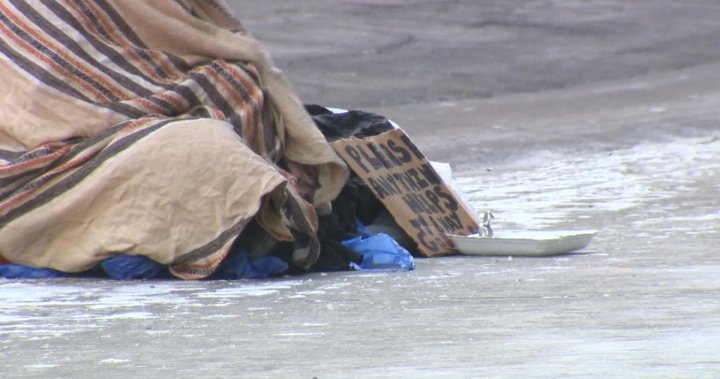The battle to end chronic homelessness in Winnipeg continues, with over 100 advocates gathering for a symposium at the Canadian Museum of Human Rights. People with lived experience of homelessness, like Jacob Kaufman, emphasized the importance of hearing their voices and prioritizing housing as a key solution to the issue. Al Wiebe, the event organizer, stressed the need for effective housing policy, particularly focusing on low-income housing and ensuring that a percentage of income goes towards rent. There is also a call to build more housing stock and get unhoused individuals into empty units to address the crisis.
Vanessa Gamblin, director of Indigenous relations for Main Street Project, highlighted the need for policy language that leaves no room for inaction when it comes to ensuring the right to housing. She emphasized the importance of empowering people experiencing homelessness to share their input on how housing spaces should be run in order to create a safe and accepting environment where individuals can succeed. Kaufman echoed this sentiment, stating that housing should cater to specific and complex needs, such as providing sober housing for individuals with extreme addiction issues.
Gamblin stressed that when people feel safe and accepted, they are able to speak their truth and provide valuable insights towards finding solutions to homelessness. By listening to the knowledge and experiences of those affected by homelessness, advocates believe that effective strategies can be implemented to address the issue. Kaufman emphasized the need for housing options that accommodate individuals based on their preferences and needs, whether it involves the use of substances or requires a sober living environment. While acknowledging that there are no simple solutions, there is a collective belief that by working together and prioritizing the voices of those affected, progress can be made towards ending chronic homelessness in Winnipeg.


